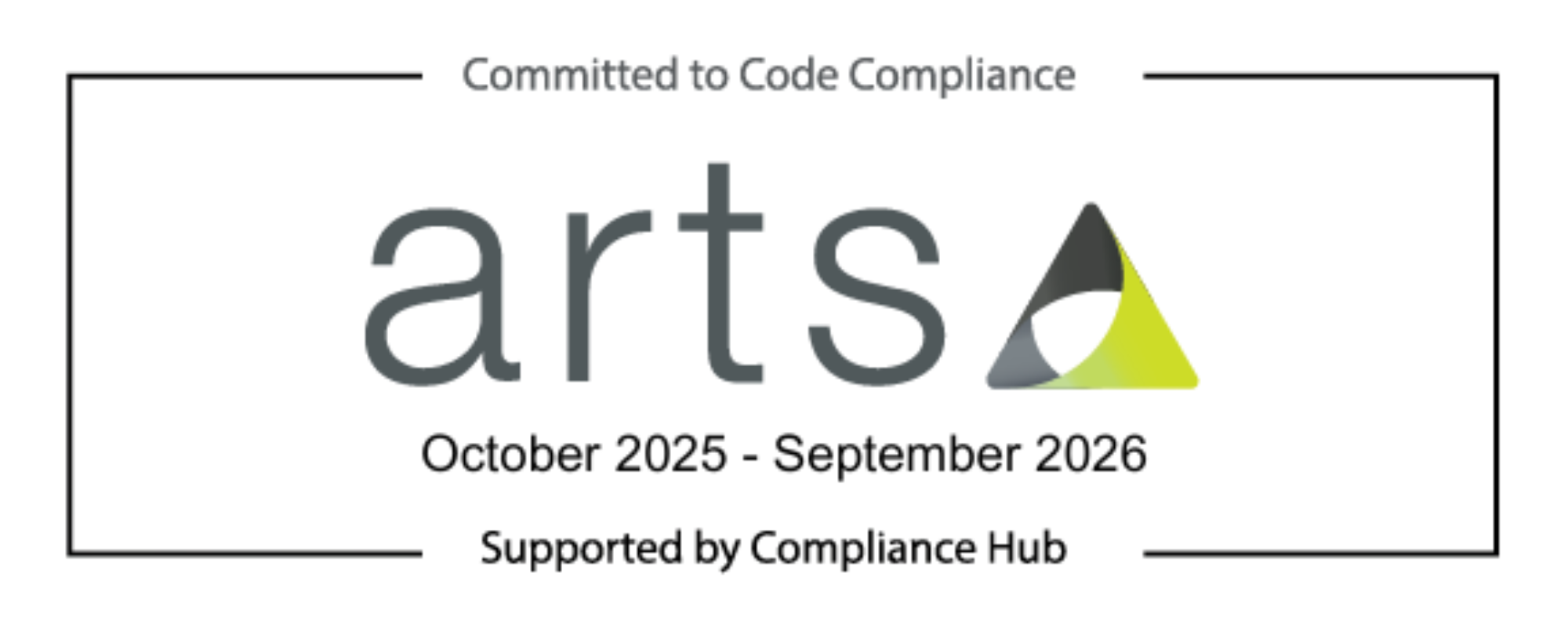To prescribe or not to prescribe? How UK pharmacy professionals are tackling polypharmacy
To prescribe or not to prescribe? How UK pharmacy professionals are tackling polypharmacy
With an ageing population and rising multimorbidity in the UK, polypharmacy, or the concurrent use of multiple medications by a patient, particularly those with chronic conditions, has become more prevalent. Around 50% of individuals aged 65 and over take five or more medications daily, increasing the risk of adverse drug reactions, hospital admissions, and reduced quality of life. This trend has unlocked a renewed focus on deprescribing within pharmacy professional practice to systematically reduce or discontinue medications that may no longer be necessary or could cause harm.
Key developments in addressing polypharmacy include a greater emphasis on individualised care plans and regular medication reviews. The National Institute for Health and Care Excellence (NICE) now recommends routine medication reviews for patients on multiple drugs to ensure each medication remains appropriate and necessary. However, concerns have been raised that Structured Medication Reviews (SMRs) are often neglected in PCNs due to other healthcare pressures. The RPS advocates for recognising SMRs as a core part of PCN contracts to mitigate polypharmacy risks and improve patient outcomes, recommending better monitoring, coding, and collaboration with community pharmacies.
Deprescribing has emerged as a crucial strategy to counter the risks associated with polypharmacy. Examples such as a pharmacy-led initiative in East Staffordshire, highlight its positive impact. This intervention involved reviewing patients on ten or more medications, improving their understanding of treatments, reducing medicine waste, and preventing hospital admissions. The project demonstrated the value of pharmacy professionals in identifying inappropriate prescriptions and ensuring that patients receive the most suitable, evidence-based care.
Similarly, a recent report by the Royal College of Emergency Medicine has advocated for engaging pharmacists in Emergency Departments to screen for polypharmacy and support prescribing for older people as part of a wider aim to improve the care of older people in ED.
Tools like the STOPP/START criteria and the Beers Criteria are increasingly used to guide deprescribing practices, helping to identify potentially inappropriate medications and suggest alternatives or non-pharmacological interventions.
A multidisciplinary approach to medicines management is crucial for effective deprescribing. The King's Fund review advocates integrating deprescribing into regular prescribing practices, emphasising coordinated care among healthcare professionals. This approach shifts the perspective on medication management, viewing prescribing as the start of a journey rather than an endpoint. Clinical pharmacy professionals are central to this process, working closely with other healthcare professionals to optimise medication use based on individual patient goals and health outcomes.
Ethnographic studies, such as the APOLLO-MM project, highlight the importance of understanding patients' experiences with polypharmacy. This research shows that patient care improves when practice-based evidence informs medicines optimisation. For clinical pharmacy professionals, this means that effective medication management must go beyond clinical guidelines to include a more holistic understanding of the patient's life and challenges.
For clinical pharmacy professionals in the UK, these developments highlight the growing importance of their role in managing polypharmacy and implementing deprescribing strategies. Pharmacy professionals must proactively identify patients at risk of polypharmacy-related issues and advocate for regular, thorough medication reviews. Integrating deprescribing into routine practice requires a shift towards more patient-centred care, ultimately improving disease management and quality of life. As healthcare continues to evolve, clinical pharmacy professionals are well-positioned to lead efforts in optimising medication use and ensuring the safe management of polypharmacy.


 London
London


